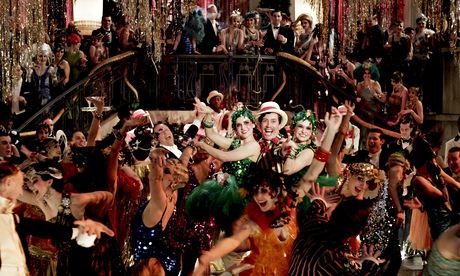
On 22 September 1914, Lieutenant Henri-Alban Fournier died when he and his company encountered a German patrol while reconnoitring in woods near Verdun. With few surviving witnesses and the men’s bodies missing, what actually happened is murky. As the author’s biographer Robert Gibson noted, Alain-Fournier (his pen name) seemed to have “vanished, like his hero, at the end of his story [Le Grand Meaulnes], leaving no trace and many questions unanswered”. Only in 1991, 77 years later, were 21 skeletons discovered; their leader (armed only with a pistol, and with no helmet) had been shot in the head in a firefight.
His death at 27, poignantly early in the war, consigned Alain-Fournier to the ranks of the novel’s one-hit-wonders, together with authors such as Emily Brontë, Harper Lee and JD Salinger. Although he had begun Colombe Blanchet, a Flaubert-like blend of romance and provincial life, when he enlisted, his only completed novel was Le Grand Meaulnes, published the previous year and a runnerup for the Prix Goncourt.
At once a tragic love story, an evocation of adolescence and a tale of friendship, Le Grand Meaulnes is narrated by François, a schoolteacher’s son. But its protagonist is Augustin Meaulnes – known as “le grand”, partly because he is tall, but also due to his compulsion to crash through small-town, lower-class limits on what he can be and who he can love. A schoolfriend of François, he is transformed by stumbling, when lost, on a three-day engagement party held at an old manor house.
During this dream-like gathering, Augustin is smitten by a young woman called Yvonne de Galais (her name echoing that of Yvonne de Quiévrecourt, who transfixed the author when he saw her on the street as a teenager). He is rebuffed, but not so firmly as to completely crush his hopes. Thereafter François describes first his friend’s efforts to find the chateau – the novel’s tricky title has been translated as The Lost Estate or The Lost Domain – and then his pursuit of Yvonne in Paris, an adolescent, relatively innocent form of stalking.
In an essay for Guardian Review, Julian Barnes praised the novel as “one of the last explosions of late Romanticism”. Patrick McGuinness, Oxford professor of French, has similarly described it as an ending with no legacy, remarking: “It comes from nowhere and leads nowhere”. While this may be true of French literature (though arguably not French cinema), its British and American literary fans are legion – authors such as John Fowles and Nick Hornby have voiced their admiration, and Jack Kerouac, David Mitchell and Rose Tremain have all paid homage by namechecking Le Grand Meaulnes in their own fiction.
Alain-Fournier’s most obvious literary successor, though, was F Scott Fitzgerald, whose mimicking of the French author’s title in The Great Gatsby appears to acknowledge that he borrowed (and reworked) his over-reaching, enigmatic hero, his narrative setup, his theme of obsessive love, and the centrality of party-going.
Piquantly, the strange party at the lost estate that Fitzgerald translated into Jazz Age terms seems to have had a British model. Alain-Fournier, an anglophile, spent the summer of 1905 (the same year he saw his Yvonne) working at the wallpaper company Sanderson, in west London, and it is said his novel’s key scene was inspired by the social club’s annual fete. If true, Gatsby’s legendary 20s parties ultimately originate in an employees’ treat in not very glamorous Chiswick.

